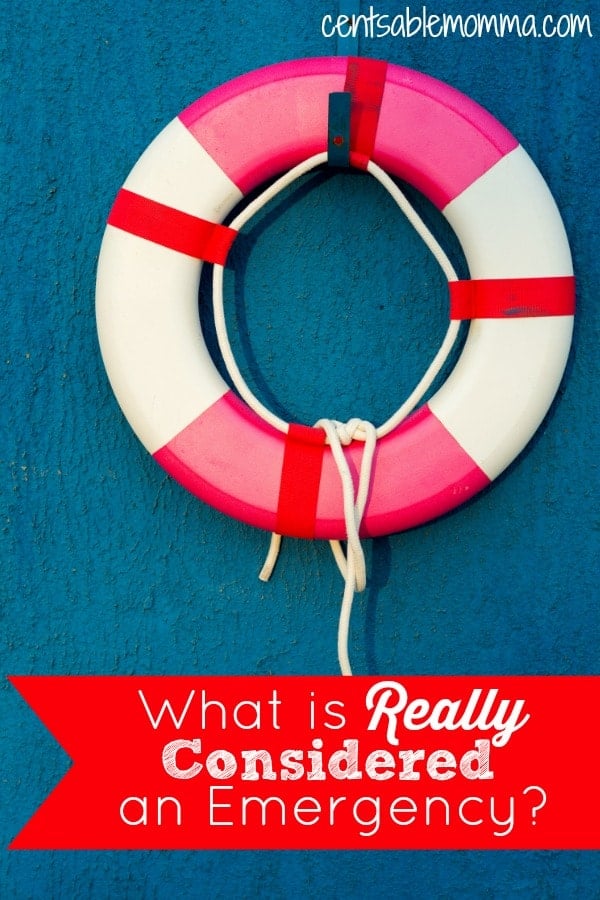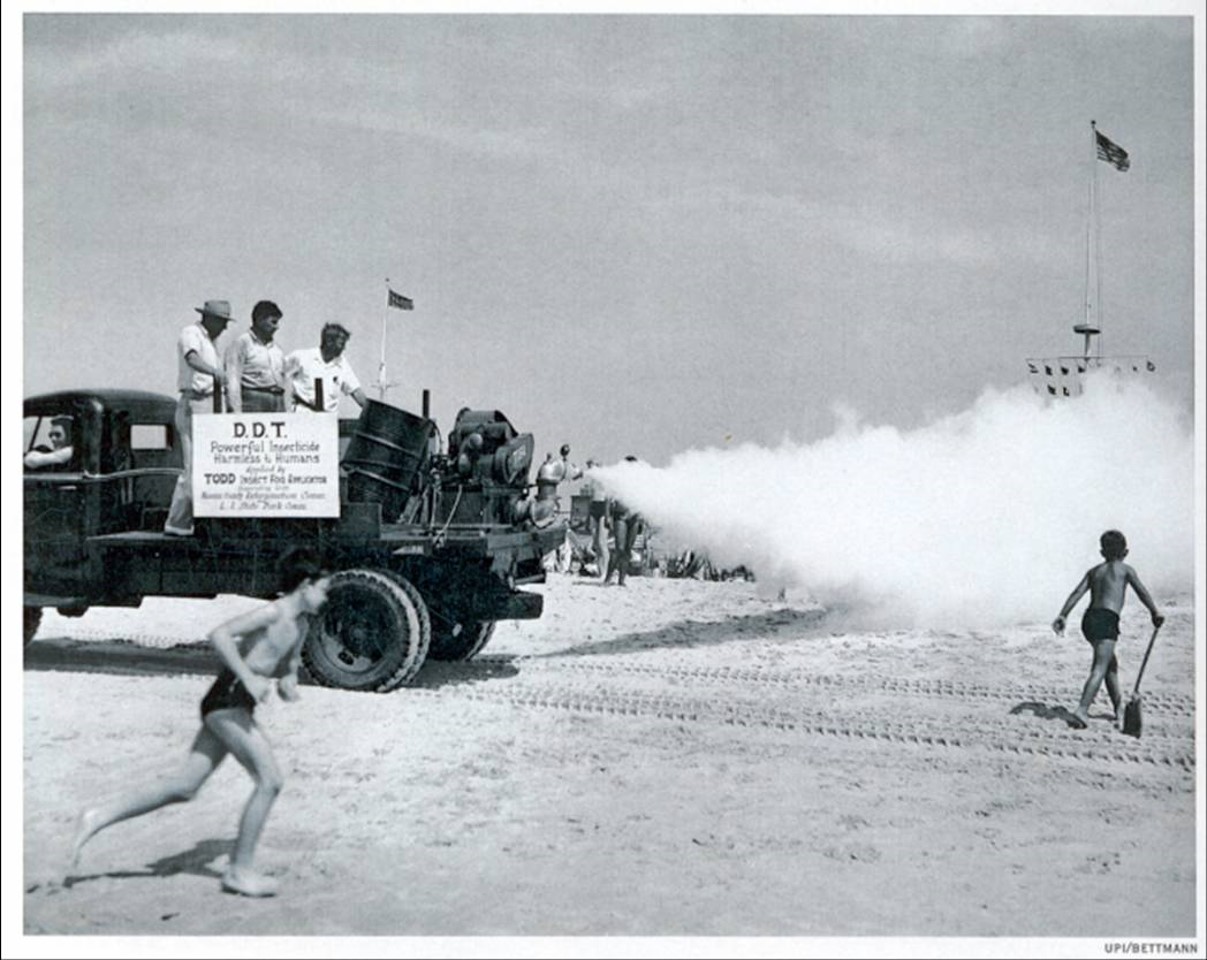Sneakers in Business Casual Settings: Complete Style Guide
Are sneakers business casual? The modern workplace footwear guide
The line between formal and casual workplace attire continue to blur as office environments evolve. One of the virtually common questions arise from this shift is whether sneakers can be considered business casual. The answer isn’t only yes or no — it depends on various factors include the specific workplace, the type of sneakers, and how they’re style.
Understand business casual dress codes
Business casual represent a style that’s more relaxed than traditional business attire but stillness professional and put together. Traditionally, business casual footwear include loafers, oxfords, brogues, and modest heels — but seldom sneakers.
Yet, workplace dress codes have undergone significant changes, peculiarly in creative industries, tech companies, and startups. These environments oftentimes embrace a more flexible approach to professional attire, open the door for sneakers in certain contexts.

Source: mensjournal.com
When sneakers can work in business casual settings
Several factors determine whether sneakers are appropriate for your workplace:
Industry and company culture
The acceptability of sneakers vary dramatically across industries:
-
More accepting:
Tech, creative fields, startups, media, and digital marketing -
Less accepting:
Law, finance, banking, and traditional corporate environments
Eve within these categories, individual company cultures differ. A tech giant might have a more formal dress code than a small design studio, despite both being in creative fields.
Workplace location and context
Geography matter besides. Coastal cities like San Francisco and New York oftentimes have more progressive dress codes than some midwestern or southern business centers. Additionally, consider:
- Client face roles typically require more formal attire
- Internal only positions may allow more flexibility
- Special occasions like presentations or important meetings call for more traditional footwear
Which sneakers are business casual appropriate?
Not all sneakers are created equal when itcomese to professional settings. The right pair can complement business casual attire, while the wrong choice can make you look unprofessional.
Sneaker styles that work
Minimalist leather sneakers
Clean, simple leather sneakers in neutral colors are the gold standard for business casual environments. Brands like common projects, Cole Han, and greats offer sophisticated options that pair advantageously with chinos and button downs.
Key features to look for:

Source: cartfolder.com
- Quality leather or suede construction
- Monochromatic or subtle two-tone design
- Clean silhouette without excessive branding
- Neutral colors (white, black, navy, tan, or gray )
Dressy hybrid sneakers
Some brands design sneakers specifically for the business casual gap, feature dress shoe styling with sneaker comfort. These include wingtip sneakers, knit oxfords, and other hybrid designs that blend formal and casual elements.
Premium canvas options
In more relaxed business casual environments, high quality canvas sneakers in subdue colors can work. Look for options with:
- Refined silhouettes (nothing overly chunky or athletic )
- Solid colors kinda than patterns
- Quality construction and materials
Sneakers to avoid in business settings
The follow styles broadly don’t align with business casual standards:
-
Athletic sneakers:
Run shoes, basketball sneakers, and cross trainers are design for performance, not professional settings -
Chunky or platform styles:
Excessively thick soles or exaggerated proportions read as excessively casual -
Neon colors or loud patterns:
These draw attention aside from your professional presence -
Heavy brand designs:
Large logos or distinctive branding elements appear excessively casual -
Worn or dirty sneakers:
Regular appropriate styles look unprofessional if not considerably maintain
How to style sneakers for business casual success
The key to incorporate sneakers into business casual attire is balance the casual footwear with more polished clothing items.
For men
Win combinations:
- Minimalist leather sneakers with tailor chinos and a tuck in button down shirt
- Clean white sneakers with navy or gray slacks and a quality polo
- Dressy sneakers with wool trousers and a blazer for a smart casual look
Style tips:
- Ensure pants have the right break (length )to complement sneakers
- Choose no show socks or quality dress socks depend on the look
- Balance the casual footwear with a more formal top (like add a blazer )
For women
Successful pairings:
- Sleek leather sneakers with tailor pants and a structured blouse
- Minimalist sneakers with a knee-length skirt and tuck in shirt
- Dressy sneakers with a casual suit or coordinated separates
Style advice:
- Maintain balance with more structured or formal pieces on top
- Choose elevated accessories to enhance the professional look
- Consider proportions — slim fit clothes typically work comfortably with sneakers
Maintain professional sneakers
Yet the virtually appropriate sneakers can undermine your professional image if they’re not intimately maintain:
-
Regular cleaning:
Wipe down leather sneakers after each wear and deep clean sporadically -
Proper storage:
Use shoe trees to maintain shape and prevent creasing -
Rotation:
Avoid wear the same pair every day to extend their life -
Prompt repairs:
Address scuff, sole wear, and other issues instantly
Clean, substantially maintain sneakers signal attention to detail — a valuable professional trait.
Navigate workplace dress code uncertainty
If you’re unsure whether sneakers are appropriate in your workplace:
Observe and analyze
- Look at what managers and respected colleagues wear
- Note any differences between daily wear and meeting / presentation attire
- Consider if anyone successfully incorporate sneakers into their professional wardrobe
Start conservative
When test sneakers in your workplace:
- Begin with the about formal look options (like black leather )
- Wear them on lower profile days without important meetings
- Gauge reactions and adjust consequently
When in doubt, ask
If your workplace have a hr department or employee handbook, consult these resources. A simple, ” ‘I consider update my work wardrobe and wonder about the acceptability of dressy sneakers “” n provide clarity.
The evolution of workplace footwear
The business casual sneaker trend reflect broader changes in workplace culture. Several factors have contributed to this shift:
Prioritizing comfort and functionality
Companies progressively recognize that comfortable employees are more productive. Many workers spend significant time on their feet or commuting, make comfortable footwear practical.
The tech industry’s influence
Silicon Valley’s casual approach to workplace attire has influence corporate culture globally. As tech companies gain prominence, their relaxed dress codes become more wide accept.
Blend of work and personal life
With remote work and flexible schedules become common, the strict separation between work and casual wardrobes has diminished. Many professionals seek versatile pieces that function in multiple contexts.
Sneaker market evolution
The sneaker industry has respond to workplace changes by create more sophisticated options. Luxury brands nowadays produce sneakers specifically design for professional settings, legitimize them as acceptable business attire.
Regional and international considerations
Attitudes toward sneakers in business settings vary importantly by location:
United States
Coastal cities and tech hubs broadly embrace sneakers in business casual contexts, while more traditional business centers may be less accepting. West coast offices typically have more relaxed standards than east coast counterparts.
Europe
European business attire ofttimes lean more formal, peculiarly in countries like Italy and France where fashion traditions run thick. Yet, clean, designer sneakers have gain acceptance in many European workplaces, peculiarly in creative fields.
Asia
Business culture in many Asian countries traditionally emphasize formal attire, though this is change in tech and creative sectors. International companies operate in Asia oftentimes adopt more relaxed dress codes than local businesses.
Make the final decision
When decide whether sneakers fit your business casual workplace, consider these factors:
Career stage and goals
If you’re new to an industry or seek promotion, more conservative choices may be strategic. Those establish in their roles or in companies with progressive cultures have more flexibility.
Personal brand
Your workplace attire contribute to your professional identity. Consider what image you want to project and whether sneakers align with that vision.
Comfort vs. Conformity
While comfort matters, sometimes conform to workplace norms have strategic value. Assess whether the potential benefits of sneaker comfort outweigh any risks to professional perception.
Conclusion
The answer to” are sneakers business casual? ” dDependon multiple factors include workplace culture, sneaker style, and how they’re incorporate into your overall look. With the right approach, sneakers can be a comfortable, stylish addition to a business casual wardrobe.
The key is select appropriate styles — typically minimalist, high quality options in neutral colors — and pair them with more formal clothing elements. Maintain your sneakers impeccably and be mindful of important meetings or presentations where traditional footwear might be more appropriate.
As workplace dress codes continue to evolve, sneakers are progressively found their place in professional settings. By thoughtfully navigate this trend, you can enjoy both comfort and credibility in your business casual attire.



